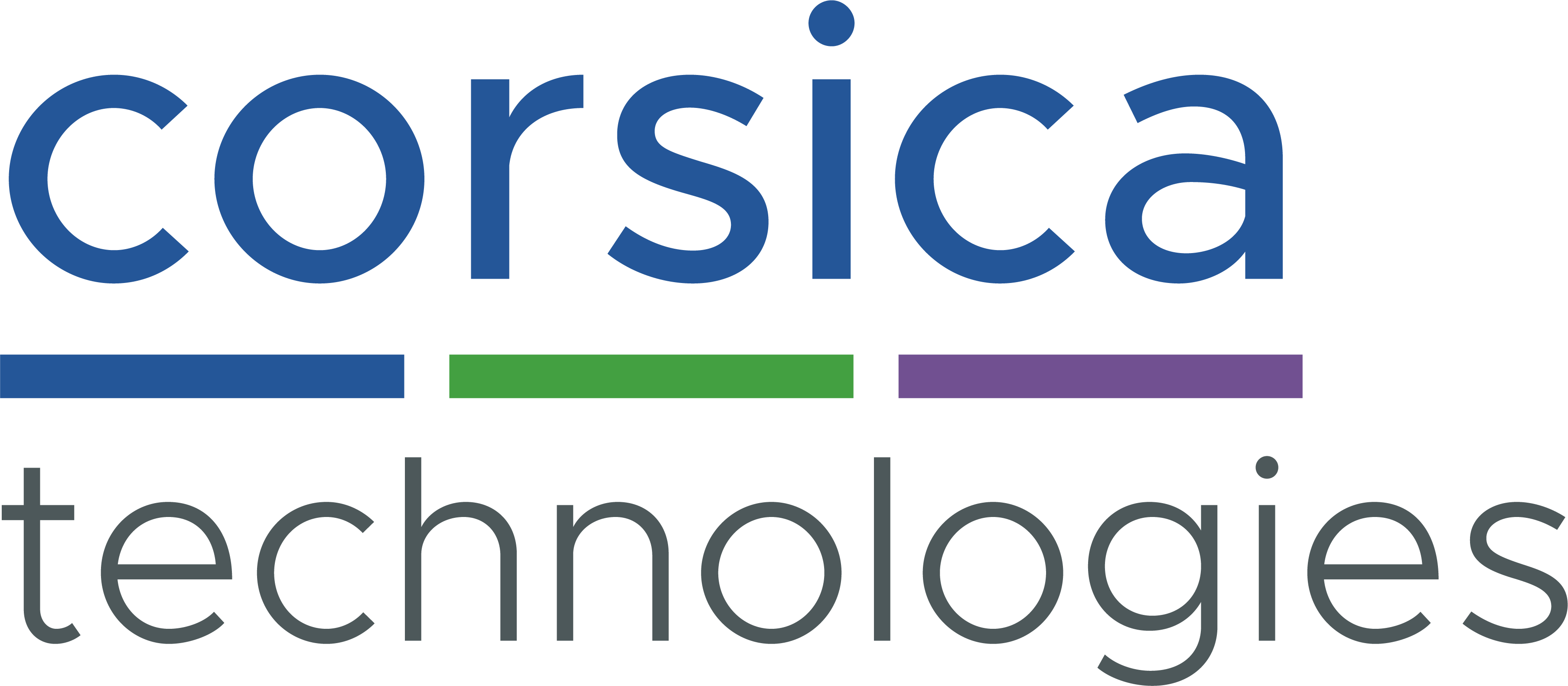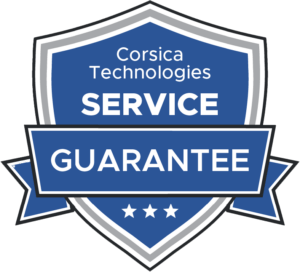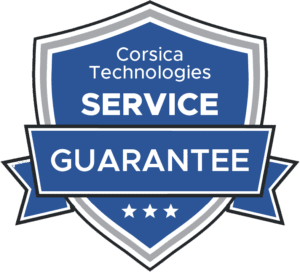Healthcare faces the same cyber threats as other industries while also being under constant pressure to protect patient safety and be in compliance regarding patients’ protected health information (PHI).
Phishing, social engineering, ransomware, and the like can lead to data loss, unauthorized access to systems or sensitive data, and costly compliance failures. In addition to attacks of opportunity, cyber attackers frequently target healthcare organizations because they can resell PHI on the dark web to be used for billing and prescription fraud.
These risks and complex compliance rules make healthcare security critically important but also extremely challenging. Add additional locations, networks, facilities, and partner organizations to the mix, and compliance becomes even more difficult.
Here are some tips to help healthcare firms decrease risk and improve compliance.
Compliance and Cybersecurity Tips for Healthcare Organizations
1. Perform gap analyses and risk assessments
All types of organizations should conduct gap analyses, risk assessments, and penetration testing. Healthcare organizations should also be testing against the HIPAA (Health Insurance Portability and Accountability Act) security rule and its required technical controls.
In fact, the Office of the National Coordinator for Health Information Technology (ONC) offers a security risk assessment (SRA) tool to help small and midsize healthcare organizations conduct a risk assessment. However, the tool doesn’t guarantee compliance, so organizations should be sure they have access to knowledgeable resources to help prepare for audits.
2. Control access
Healthcare organizations should implement centralized access control. Without centralized control, it becomes difficult to monitor all the individual systems. A centralized authentication system like Active Directory provides visibility and control.
Organizations should also ensure users, applications, and systems only have access to the information they need for only as long as they need it. Additionally, single sign-on (SSO) simplifies user access, while prioritizing security. Encryption then adds another layer of protection to PHI.
3. Train employees
Provide employees with annual training on relevant laws, cybersecurity awareness, HIPAA compliance, and how to handle PHI.
In healthcare, employee compliance education must be ongoing. It’s important to update employees frequently about new rules, threats, and procedures.
4. Establish policies and procedures
Document the use, access, and storage of PHI to meet HIPAA compliance requirements, and create a manual to easily share policies and procedures with employees. Regularly review your documents and update them as needed.
5. Get managed IT services for healthcare
If you don’t have your own skilled IT and cybersecurity staff, it’s a good idea to outsource your compliance and security monitoring.
As a managed security services provider (MSSP), Corsica offers healthcare gap and risk assessments, audit preparation, security and compliance monitoring, cybersecurity consulting, employee training, and incident response. Our incident response services include managing the investigation, containment, eradication, and recovery. We also help clients evaluate how the event occurred and how to avoid incidents in the future.
Using Managed IT and Cybersecurity Services for Healthcare
It’s essential for healthcare organizations to be HIPAA compliant and protect patient information. Compliance requires a lot of diligence and expertise. A managed IT services provider like Corsica can help healthcare organizations stay on top of all their compliance technology requirements.






